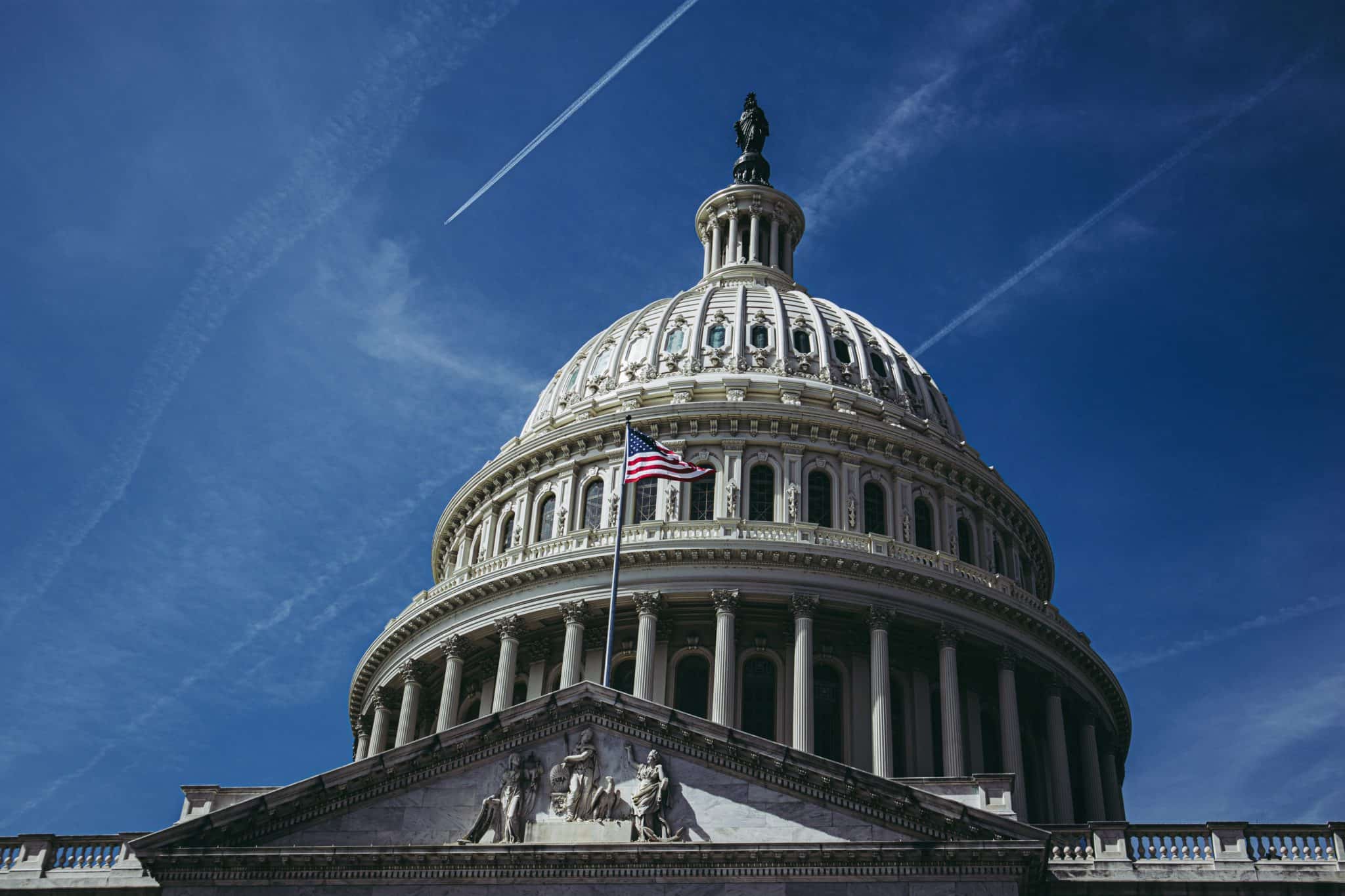
Zachary Boullt is a student at Harvard Law School.
The House of Representatives has scaled back its workers protections in its coronavirus aid bill. While the initial two weeks of sick leave for the previously designated groups have been preserved, the new measure limits the next 10 weeks of paid leave to only workers caring for a child whose school or day care has been closed. This change removes health-care workers, workers in quarantine, and workers caring for an ailing family member from the 10-week eligibility. These changes were billed as a technical correction with zero objections, as most House lawmakers were not shown the changes due to being away from Washington. Deanna has already written on how the new bill is facing significant criticism for its narrow scope and short paid leave duration, and these changes only exacerbate these problems.
The US airline industry has requested a $50 billion crisis aid package amidst flight cancellations, demand shortage, and border restrictions from the virus. Sara Nelson, the President of the Association of Flight Attendants-CWA, took to Twitter to demand direct payroll subsidies to passenger airline workers. She argues that without payroll subsidies, inevitable layoffs will slow the industry’s recovery since new workers will have to pass background checks and training requirements. Nelson believes that the integral nature of the airline industry’s recovery to other industries’ recovery necessitates a commitment to airlines maintaining payroll.
The White House has made official its nominations to the Equal Employment Opportunity Commission and to the National Labor Relations Board. The EEOC has not had a full panel for the entirety of the Trump administration. For the EEOC Republican seats, Trump nominated Labor Department official Keith Sonderling and Gibson Dunn lawyer Andrea Lucas. For the Democratic seat, Trump has nominated civil rights attorney Jocelyn Samuels. Samuels is notable for her work with a Californian LGBT think tank, which could complicate her nomination in the Republican-controlled Senate, especially as the EEOC and Justice Department are currently opposed in the Supreme Court cases pertaining to sex discrimination based on sexual orientation and gender identity. For the NLRB, Trump has nominated Republican Marvin Kaplan for a new term and Democrat Lauren McFerran for another term. If both nominations are confirmed, the Board will have a quorum and conservative majority, and a Democratic seat will remain open.
The Washington Post reports that Minor League Baseball players are struggling as a result of the season’s postponement. Most players were sent home without pay or a promise of stipends. Because they are still employed by the MLB, they cannot file for unemployment, yet cannot get paid until the season begins again. New jobs are hard to find since players must be prepared to pack up and leave should the season resume. The players do not have a union and lack negotiating power. The MLB is currently focusing on how to handle its major league players, with decisions for minor league players to come later.
Mackenzie wrote yesterday about mandatory measures that state and local governments were taking to enforce social distancing and protect employees. More states have taken measures. Louisiana has closed all movie theaters, bars, and casinos, while limiting restaurants to take-out only. Colorado has also suspended dine-in services and opened up unemployment benefits to those affected by temporary closures. Alabama has modified its unemployment benefits to remove the requirement that employees affected by COVID-19 be able and available to search for work. Georgia has suspended its in-person requirement for unemployment applications, allowing for claims to be made through the internet or by phone. With no COVID-19 federal aid bill for employees yet signed into law, more states are expected to take measures.






Daily News & Commentary
Start your day with our roundup of the latest labor developments. See all
July 14
More circuits weigh in on two-step certification; Uber challengers Seattle deactivation ordinance.
July 13
APWU and USPS ratify a new contract, ICE barred from racial profiling in Los Angeles, and the fight continues over the dismantling of NIOSH
July 11
Regional director orders election without Board quorum; 9th Circuit pauses injunction on Executive Order; Driverless car legislation in Massachusetts
July 10
Wisconsin Supreme Court holds UW Health nurses are not covered by Wisconsin’s Labor Peace Act; a district judge denies the request to stay an injunction pending appeal; the NFLPA appeals an arbitration decision.
July 9
the Supreme Court allows Trump to proceed with mass firings; Secretary of Agriculture suggests Medicaid recipients replace deported migrant farmworkers; DHS ends TPS for Nicaragua and Honduras
July 8
In today’s news and commentary, Apple wins at the Fifth Circuit against the NLRB, Florida enacts a noncompete-friendly law, and complications with the No Tax on Tips in the Big Beautiful Bill. Apple won an appeal overturning a National Labor Relations Board (NLRB) decision that the company violated labor law by coercively questioning an employee […]